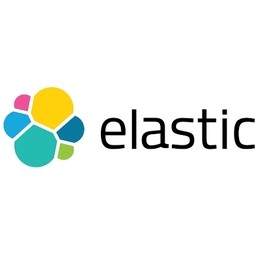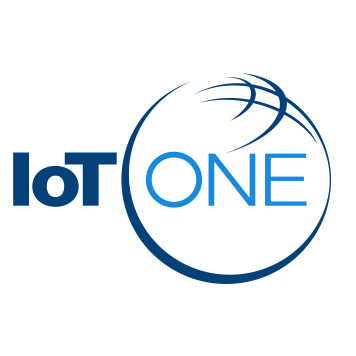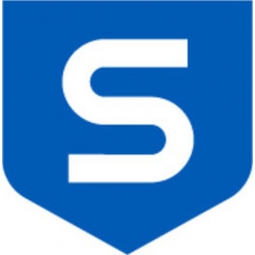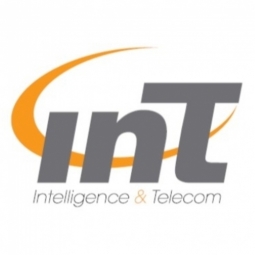Download PDF

elastic
Overview
HQ Location
United States
Year Founded
2012
Company Type
Private
Revenue
$10-100m
Employees
51 - 200
Website
Twitter Handle
Company Description
Elastic is the world's leading software provider for making structured and Unstructured Data usable in real time for search, logging, security, and analytics use cases. Founded in 2012 by the people behind the Elasticsearch, Kibana, Beats, and Logstash Open Source projects, Elastic's global community has more than 80,000 members across 45 countries, and since its initial release. Elastic's products have achieved more than 100 million cumulative downloads.
IoT Solutions
Today thousands of organizations, including Cisco, eBay, Dell, Goldman Sachs, Groupon, HP, Microsoft, Netflix, The New York Times, Uber, Verizon, Yelp, and Wikipedia, use the Elastic Stack, X-Pack, and Elastic Cloud to power mission-critical systems that drive new revenue opportunities and massive cost savings. Elastic is backed by more than $104 million in funding from Benchmark Capital, Index Ventures, and NEA; has headquarters in Amsterdam, the Netherlands, and Mountain View, California; and has over 400 employees in more than 30 countries around the world.
Key Customers
search, distributed, lucene, Big Data, data, database, software, open source, cloud, and AWS
IoT Snapshot
elastic is a provider of Industrial IoT infrastructure as a service (iaas), and cybersecurity and privacy technologies.
Technology Stack
elastic’s Technology Stack maps elastic’s participation in the infrastructure as a service (iaas), and cybersecurity and privacy IoT Technology stack.
-
Devices Layer
-
Edge Layer
-
Cloud Layer
-
Application Layer
-
Supporting Technologies
Technological Capability:
None
Minor
Moderate
Strong
Case Studies.

Case Study
InfoTrack: Enhancing Data-Driven Innovation with Elasticsearch Service
InfoTrack, a legal technology company, was facing challenges in managing its IT system log data and legal document data for its customers. The company was initially using Amazon Elasticsearch Service, but it ran into security and performance issues. The version of the Elastic Stack used by Amazon Elasticsearch Service only allowed security using IP restriction and restricted developers from tuning the underlying Java Virtual Machine (JVM). Additionally, InfoTrack lacked access to additional features of the Stack, including APM, Index Lifecycle Management (ILM), and Graph. This limited their potential in architecting their system for long-term success and stability, and ensuring they were getting the most value out of the data available to them. Furthermore, the company was struggling with manual logging, which became too time-consuming as InfoTrack grew and didn’t allow developers to trace and debug applications.

Case Study
Ingram Micro's Ecommerce Success with Elastic Search Solution
Ingram Micro, a Fortune 100 company operating in 56 countries, is a global leader in delivering technology and supply chain services to businesses. The company's ecommerce business, which contributes significantly to its success, focuses on B2B customers and logs over $12 billion in annual sales. However, Ingram Micro faced challenges with its ecommerce site's search experience. Data showed that 70% of the site's visitors went directly from the home page to the search bar, and 70% of the products added to the checkout cart were added from the search bar. The company's search needed to accommodate complex indexing from their large catalog, variable visibility, variable price, multiple content sources, and additional context required for global operations. However, the existing search experience was poor, with low conversion rates and long search result times. It took over 20 seconds on average to get search results back, and updating the product catalog took over 8 hours, sometimes even 24 hours, limiting the company's ability to quickly display the newest products available.
Similar Suppliers.

Supplier
Grovf
Grovf is an engineering company aimed to develop hardware and software products to assist Industrial Internet of Things (IIoT) and Big Data problems. Here at Grovf we help our industrial customers to solve IoT generated Big Data storage problems using hardware (FPGA) implementation of DB functionality in order to close the gap between IoT generated data throughput and software database transaction speed, resulting 20x faster transactions and power saving.







